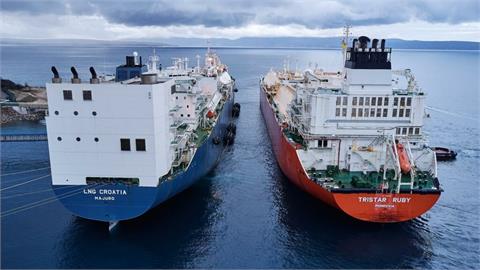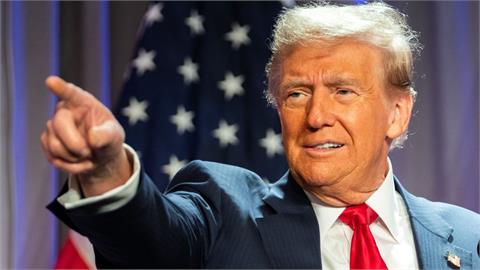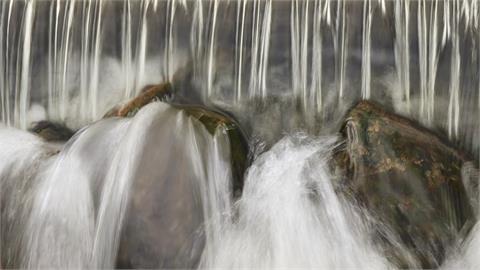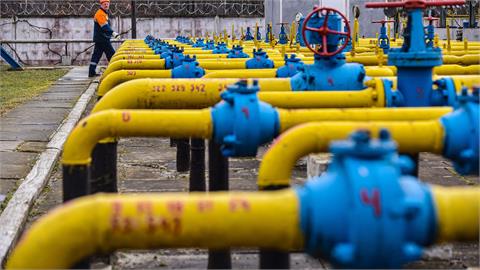Gazprom has resumed gas shipments through the Nord Stream 1 pipeline, a vital artery linking Russia's vast gas reserves to Europe via Germany.
Gas began flowing again Thursday, data from the operator's website showed, after the pipeline had been shut 10 days for scheduled maintenance. Many had feared Russia would not resume deliveries once the work was done.
By midmorning, Russia had continued delivering the same amount of gas over the pipeline as it had been delivering before the shutdown. But that's a severely reduced amount of gas from months earlier: Before the pipeline closed, Gazprom was only delivering 40% of its full capacity, after a dispute over repairs to a key gas turbine.
Those turbines have since been allowed to travel to Germany from Canada, where they were being repaired, under a sanctions waiver, the Canadian government said last week.
But Russia could still decide to keep the taps turned off. The country has already stopped delivering gas to several European countries and energy companies, because they have refused Russia's demands to pay for gas in rubles — a move that would put them in breach of European sanctions.
On Tuesday, Russian President Vladimir Putin said during a visit to Iran that Gazprom would "fulfill its obligations in full" in supplying gas to Europe. But he warned deliveries could drop by 20% next week if it does not receive the turbine, according to a report by The Wall Street Journal.
Gazprom confirmed in a Wednesday tweet that it had not yet received the necessary documentation from Siemens, the turbine's manufacturer, to allow for its delivery to Russia.
Siemens told CNN it would not comment on Gazprom's claims.
Preparing for the worst
The Nord Stream 1 pipeline delivers 55 billion cubic meters of gas per year, or nearly 40% of the bloc's total pipeline imports from Russia.
To reduce its reliance on Russian oil, the European Union on Wednesday unveiled an emergency gas rationing plan. The "Save Gas for a Safe Winter" plan announced sets a target for the 27 member states to reduce their gas demand by 15% between August and March next year. That reduction is based on countries' average gas consumption during the same months over the previous five years.
Among the proposed measures, the EU Commission is encouraging industry to switch to alternate energy sources — including coal where necessary — and to introduce auction systems that compensate companies for reducing their gas consumption.
Natural gas prices fell slightly Thursday after the pipeline reopened.. The ongoing uncertainty over Europe's gas supplies has pushed benchmark gas prices up by about 85% since the invasion in late February, according to the Intercontinental Exchange.
(www.cnn.com, CNN's Anna Cooban, Nadine Schmidt and Rob North contributed to this report - July 21, 2022)



